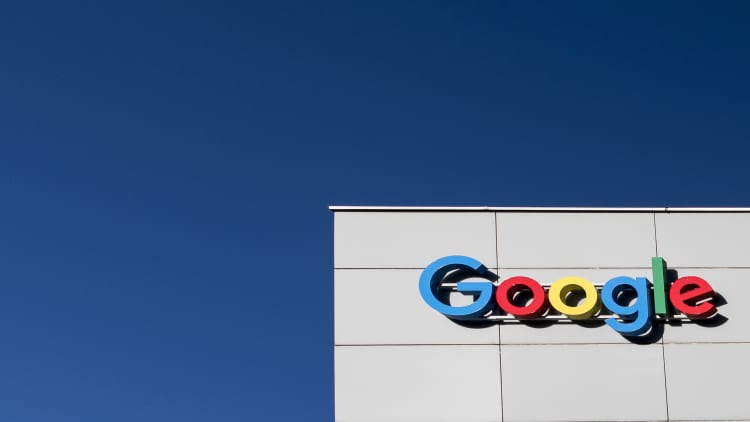
Google's creation of a censored search engine for China, known as "Project Dragonfly," is proof China has made "successful efforts to recruit Western companies to their information control efforts," said Senator Mark Warner (D-VA) in Washington D.C. Friday.
"It's pretty amazing to me that Google is actually looking to work with China to develop a censored version of its search engine in China," Warner said at the event hosted by the Center for New American Security. "Today China's cyber and censorship infrastructure is the envy of authoritarian regimes around the world. China is now exporting both its technology and its cyber-sovereignty doctrine to countries like Venezuela, Ethiopia, and Pakistan."
Project Dragonfly was revealed earlier this year in reports from The Intercept, and has met with protests from employees inside Google, as well as skepticism from lawmakers. Some Google workers had pledged to strike due to the initiative. Google has characterized the project as "exploratory," and "no decision has been made about whether we could or would launch," a spokesperson said November 29. "As we've explored the project, many privacy and security engineers have been consulted, as they always are."
Warner's comments were delivered as part of a greater push for a more organized cybersecurity strategy at the federal level. "Our Global Engagement Center at the State Department is not sufficiently equipped to counter propaganda from our adversaries. And the White House has still not clarified roles and responsibilities for cyber across the U.S. government," he said.
President Trump has moved more authority to DHS, and recently signed a bill re-naming the agency's cybersecurity arm as the Cybersecurity and Information Security Agency (CISA).
In addition to creating international norms for cyber warfare and crime, Warner said other major tech companies including Twitter, Facebook, Reddit, YouTube and Tumblr, "aren't doing nearly enough to prevent their platforms from becoming petri dishes for Russian disinformation and propaganda."
He called for more efforts between these companies and government agencies to work together in fighting cybercrime, espionage and disinformation.



